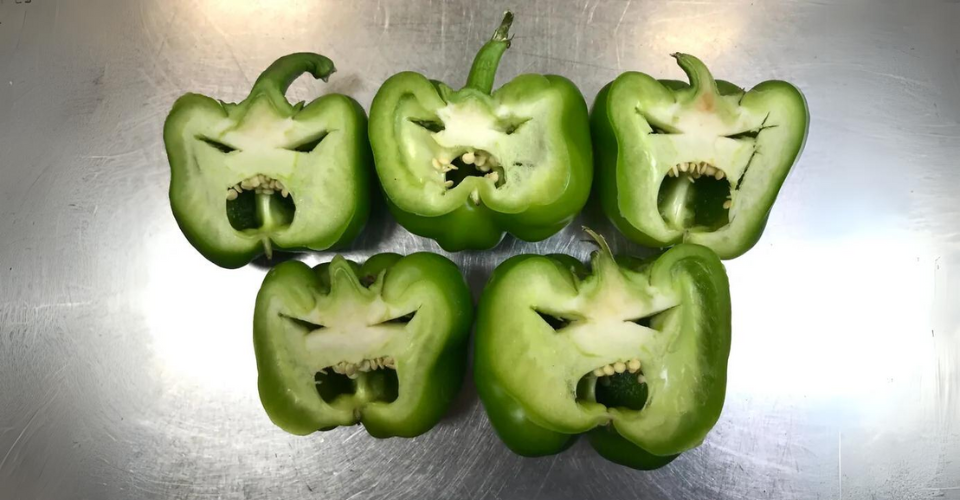Human Brain Applies Same Biases to Illusory Faces as Real Faces
In your life, have you ever seen a face in the sky or on an electrical outlet? This is no mere visual trick. New research disclosed in the journal Emotion shows that our minds prejudge these semblances of faces with the same biases we use to judge human faces. The study demonstrates how these images not only generate comparable behavioral responses but also significantly influence emotions and gender perceptions.
Understanding Face Pareidolia
What is Face Pareidolia?
Face pareidolia is the identification of facial patterns on non-living things. This illusion gives significant insights into face detection and evaluation mechanisms, thus helping scientists comprehend normal brain function and possible disruptions of these processes in neurodegenerative and psychiatric disorders.
The Importance of Studying Face Pareidolia
By examining face pareidolia, researchers can gain deeper insights into how brains recognize and evaluate faces. Knowledge gained here helps open up social intelligence as well as its developmental origins.
Key Findings from the Study
Research Overview
The research involved 85 university students, mostly girls aged nineteen years old on average. Participants were shown pictures of objects without life, which had illusive faces expressing happiness or anger besides being male or female respectively. They were then told to determine their feelings from these expressions.
Happy Face Advantage
Participants responded quicker and more accurately when detecting happy expressions expressed by female faces compared to male ones. Conversely, they took less time to identify angry expressions displayed by male ones than those represented by females. Thus, this suggests that our minds use similar socioevaluative processes for illusory faces as for real human beings’ ones.
Implications and Future Research
Socioevaluative Mechanisms
For example, the study showed that the happy-face advantage existed only for feminine appearing faces. This is consistent with earlier studies involving actual human faces where women’s smiles were more readily detected while men’s angry expressions were easier to recognize. These biases are most likely social evaluative mechanisms within facial processing.
Study Limitations
The sample size was small and predominantly female students which can affect the generalizability of these findings. In addition, self-reporting and remote test conditions may introduce some level of response variability in the study.
Future Directions
Follow-up investigations could determine whether those observations hold true for different groups by conducting a larger recourse pool. Moreover, through using neuroimaging techniques, this research would probe into neural processes behind such prejudices. It will also be valuable to discern innate from learned face perception aspects by understanding how these prejudices evolve over time during development.
Conclusion
Insightful Findings
“The present findings support the hypothesis that once mistakenly identified as faces, non-living objects with illusory facial attributes make use of the same mechanisms involved in perception of emotion and gender on human faces,” wrote researchers.The characteristics of our behavioral responses towards real and illusory faces should be fully characterized so as to understand what is responsible for human social intelligence according to this study.
Keep waiting, I’m not through with you yet. This is a way forward in order to make psychology more interesting and help others to understand the latest studies and information which are available.



























Leave a Reply
You must be logged in to post a comment.